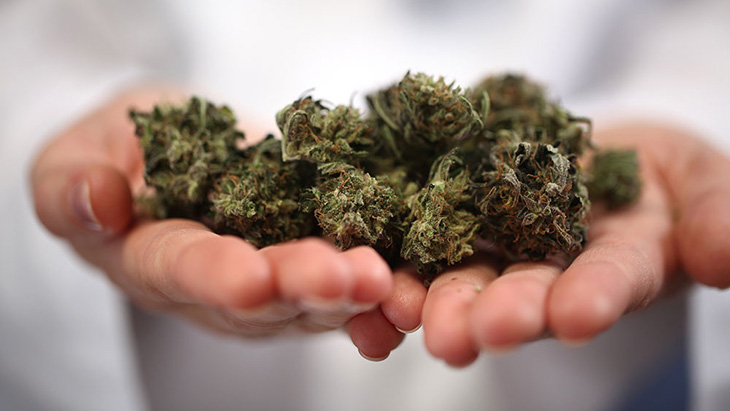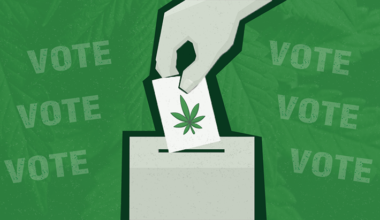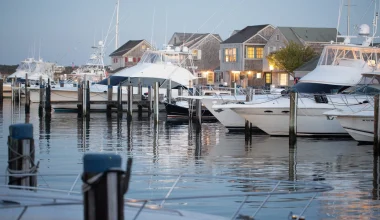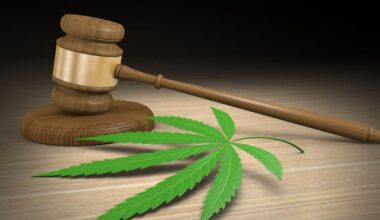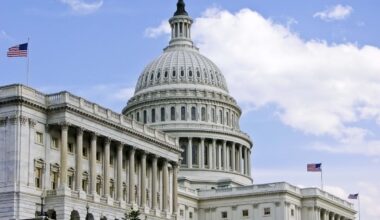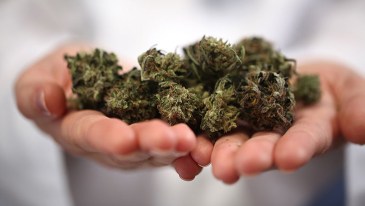
Qualified patients will be able to access cannabis flowers at state-licensed dispensaries beginning on March 1, according to changes finalized yesterday by the state Department of Health.
Minnesota is one of the few states that limits patients’ access to herbal formulations of cannabis — instead mandating them to obtain cannabis extracts or infused products. State lawmakers passed legislation last year updating the program so that patients would be permitted to purchase up to two and a half ounces of medical cannabis flower per 14 day period from licensed providers.
On January 1, 2022, patients in Louisiana also for the first time became able to access herbal forms of cannabis.
NORML has long opined that patients must have access to cannabis flowers, stating: “Limiting patients’ options to extracted oral formulations is not in their best interests. Herbal cannabis contains more than 100 distinct cannabinoids (unique physiologically active components in the plant), many of which act synergistically with one another. … Furthermore, orally administered non-herbal forms of cannabis possess delayed onset and their effects are far less predictable than those of herbal cannabis. Once inhaled, cannabinoids like THC or CBD rapidly pass from the lungs to the blood stream — resulting in the rapid onset of drug effect. By contrast, pills must be metabolized by the liver over a period of up to several hours before the patient experiences any therapeutic benefits. This delayed onset and high degree of variability of drug effect makes it extremely difficult for patient to accurately self-regulate their dosing.”
Related
Medical Disclaimer:
The information provided in these blog posts is intended for general informational and educational purposes only. It is not a substitute for professional medical advice, diagnosis, or treatment. Always seek the advice of your physician or other qualified healthcare provider with any questions you may have regarding a medical condition. The use of any information provided in these blog posts is solely at your own risk. The authors and the website do not recommend or endorse any specific products, treatments, or procedures mentioned. Reliance on any information in these blog posts is solely at your own discretion.
